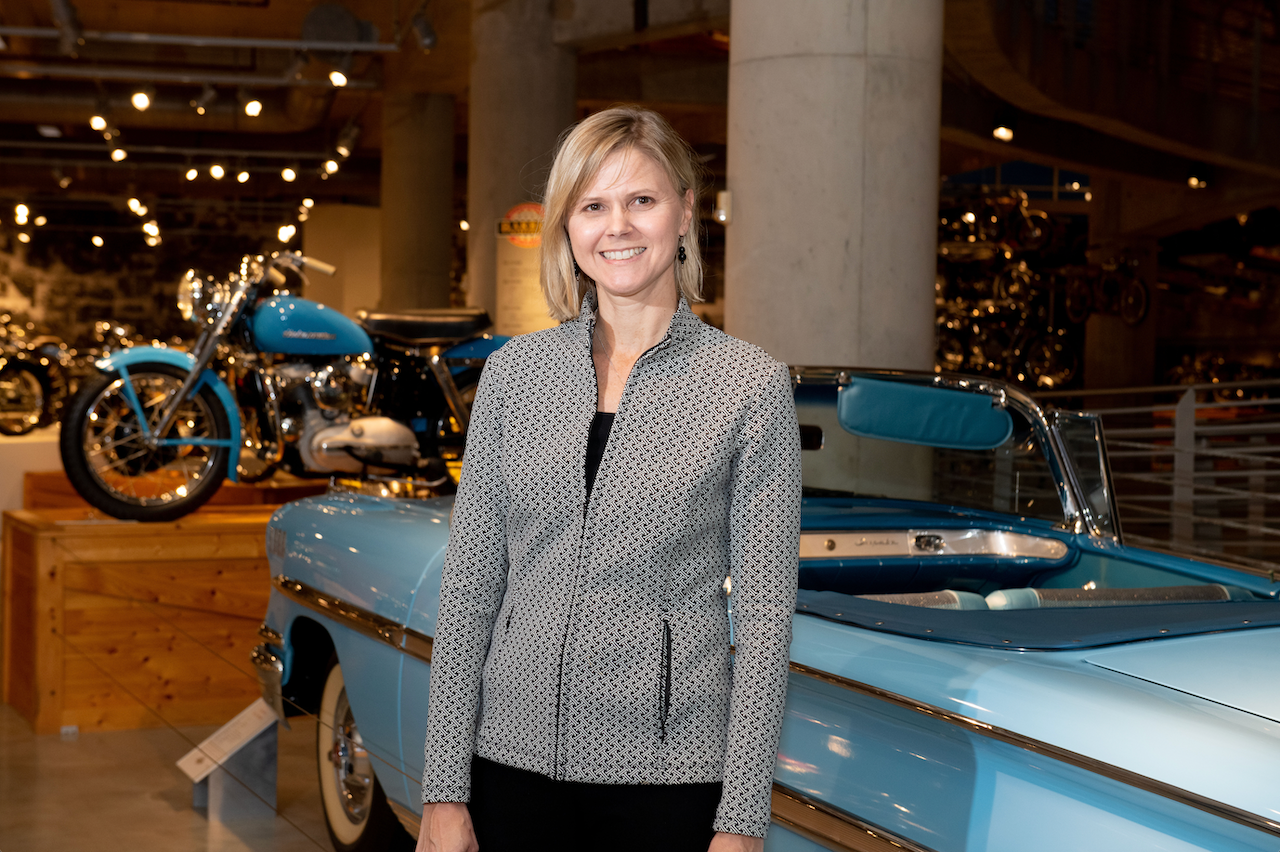There comes a time when we all have to come to terms with our limits — with what is our responsibility, our role, or even our capability.
I was recently reminded of this after reading a re-circulated 2005 speech delivered by 1776 Unites Scholar and Brown University Professor Glenn Loury entitled “Hope in the Unseen: on Being a Christian and an Economist.”
In his address, Loury (as both a Christian and an economist) reminds economists that economics only goes so far in solving social problems. Because economics studies human behavior using a cost-benefit analysis, Loury says economics alone cannot account for the full reality of human nature — namely that humans are actually unique persons possessing God-given souls and often motivated by transcendent qualities like character, morality, and values.
He, therefore, encourages economists to “reckon with this transcendent dimension” of the human person and stop believing that “intellect on its own can do for us what it plainly cannot — tell us the meaning of our lives.”
He further suggests economists put away professional arrogance and remember that the most influential social change comes from strong communities made up of equally strong families and churches, stating, “[i]f the country faces cultural problems, we stand a much better chance of fixing them not through government but through spiritual revival and the building of new, energetic and vital religious communities distinct from the state.”
Loury’s message is a good one, filled with valuable insight on both the importance and primacy of authentic faith communities leading social change. But it is also one that clarifies the problem with some of today's social-emotional learning (SEL) efforts in K-12 public schools.
As students have faced increasing mental health issues over the last few years, public schools have been seeking ways for students to navigate not just their academic success but also their emotional and social wellbeing. One of those ways is through the use of SEL programming, which helps students develop the soft skills necessary to improve confidence, manage emotions, create strong relationships, and make good decisions.
Such efforts almost seem like a natural fit for educators. This is because educators, unlike economists, have in many ways already “reckoned” with the transcendent nature of the human person and have historically partnered with families in trying to influence it.
The truth is schools have a rich history of being considered part of the strong communities Loury says are so essential to society’s moral development and social progress. Not only did the earliest forms of public schooling begin within highly religious communities committed to instructing students in moral development around Judeo-Christian values, public schools even today influence students’ moral development through “character education” that helps students acquire universally accepted virtues and traits helpful for both their academic and social success (such as patience, respectfulness, kindness, perseverance, self-control, and compassion).
The problem with SEL, however, is that its resources are often created by organizations outside of the local community, who arrogantly attempt to achieve social change without reckoning with the transcendent dimension of the human person.
Consider the influence of the Collaborative for Academic, Social, and Emotional Learning (CASEL) in Alabama schools.
For those who don’t know, CASEL is considered the premier resource for SEL in Alabama and offers a basic framework used by a number of SEL providers throughout the state. That framework (or CASEL wheel) focuses on five manageable competencies for social-emotional health: self-awareness, self-management, social awareness, relationship skills, and responsible decision-making.
This would all be well and good, except CASEL has now joined the bandwagon of the equity dogma believers of today — those who view humans not as unique persons with a transcendent dimension but rather as collective racial groups grounded in (and perpetually motivated by) race.
CASEL has made this clear by promoting a Building Equitable Learning Environments (BELE) framework that encourages leaders to use SEL to “transform” public schools in alarming ways.
According to the BELE framework, this transformation aims to shift school values. Such shifts include moving schools 1) away from “generic vision statements … that do not name an explicit commitment to addressing inequitable experiences and outcomes” toward ones that intentionally promote “equity and justice”; 2) away from viewing racialized experiences and inequitable outcomes as isolated or decontextualized ones toward ones that believe in a “collective wellbeing” that “leads from an awareness of the history and harms of racism and structural inequity and from a belief that our fates are linked”; and 3) away from ones that accept white dominate culture behaviors and values toward ones that intentionally “decenters whiteness.”
In other words, CASEL isn’t simply in the business of helping schools provide the kind of emotional or social support that has reckoned with the reality of the human person; it also appears to be in the business of both ignoring and undermining it at the same time.
And because CASEL has now shown us its limits, it has no business influencing the social or emotional health of our children.
Krissie Allen is a former attorney and English teacher who writes about issues impacting faith, society, and good sense. Her column appears every Tuesday in 1819 News. The views and opinions expressed here are those of the author and do not necessarily reflect the policy or position of 1819 News. To comment, please send an email with your name and contact information to Commentary@1819News.com.










